Introduction
Hospitality is a universal value, essential in defining cultural identities and relationships within communities. In Moroccan culture, the term D’yafa (ضيف, pronounced “dee-ya-fa”) signifies more than just a warm welcome; it embodies the heart and soul of Moroccan tradition. Deriving from the Arabic root for ‘guest,’ D’yafa encapsulates the Moroccan ethos of treating visitors with the utmost respect, generosity, and warmth. This paper will delve into the significance of D’yafa in Moroccan Darija, exploring its cultural implications, historical contexts, and its role in contemporary society.
D’yafa, its significance in Moroccan society, its manifestation in various social settings, and its implications for national identity and intercultural dialogue. By examining the historical roots, contemporary practices, and the sociocultural framework surrounding D’yafa, we uncover not only the profound importance of hospitality in Moroccan culture but also its role in fostering community bonds and intercultural understanding. in the rich history and cultural diversity, is renowned for its traditions of hospitality, embodied in the concept of D’yafa.
Historical Roots of D’yafa
The tradition of hospitality in Morocco has historical roots that date back to ancient Berber and Arab customs. The Berbers, the indigenous people of North Africa, have long practiced a form of hospitality centered around sharing food and providing shelter to strangers. This tradition blossomed with the Arab influence following the Islamic conquests, which emphasized the moral and spiritual dimensions of hospitality as a means of pleasing God. Hospitality is regarded as a virtuous act, and this influence cemented D’yafa as a moral obligation and a privilege in Moroccan culture. Notably, historical trade routes, which brought diverse peoples and cultures together, further enriched the practice of hospitality, leading to the synthesis of various culinary and social traditions that define Moroccan hospitality today.
The Cultural Significance of D’yafa
Historical Contex
Morocco’s geographical position at the crossroads of Africa and Europe has fostered a rich tapestry of influences, including Berber, Arab, French, and Spanish. Each of these cultures has contributed to the Moroccan way of life, yet the concept of hospitality remains a cornerstone of cultural identity. Historically, nomadic tribes relied on the practice of hospitality for survival in harsh environments; travelers needed refuge, food, and safety. In response, Moroccan culture cultivated a deep-seated tradition of honoring guests, seen as essential to community cohesion and societal norms.
D’yafa in Daily Life
In Moroccan society, hospitality is not just reserved for formal occasions; it often permeates daily interactions. When a guest enters a home, they are greeted with phrases like “Marhba” (welcome) and offered traditional mint tea—a gesture symbolizing the host’s willingness to share what they have. Hosting a guest obligates the host to provide food, drink, and the best living conditions possible, thereby reinforcing the social fabric of trust and mutual respect.
This act of welcoming and entertaining guests is often accompanied by elaborate meals that may feature traditional dishes like tagine or couscous. The emphasis on food preparation reflects the notion that sustaining a guest’s physical needs is paramount. The lavishness of the meal often serves as a reflection of the family’s socioeconomic status, but even the humblest of families will prioritize their guests’ comfort above their own.
D’yafa in Contemporary Moroccan Society
In modern Moroccan society, D’yafa transcends mere etiquette; it signifies a way of life. The practice manifests in various forms, from familial gatherings and local celebrations to formal events. Regardless of the setting, the principles of D’yafa remain consistent, characterized by several key elements:
1. Warm Welcome
A typical expression of D’yafa begins with a warm welcome. Guests are greeted with enthusiasm, often accompanied by traditional phrases of welcome and compliments. This initial reception lays the foundation for a reciprocal relationship that values respect and warmth.
2. Sharing Food and Drink
Central to D’yafa is the sharing of food and drink, often involving traditional Moroccan dishes like tagine, couscous, and mint tea. The offering of food symbolizes abundance and generosity, with the host often serving the guest first, reflecting the honor bestowed upon them.
3. Bonding and Connection
D’yafa goes beyond physical nourishment; it fosters social bonds and communal cohesion. The act of dining together serves as a catalyst for conversation, storytelling, and the exchange of ideas, reinforcing relationships among family, friends, and even strangers.
4. Respect for Diversity
Morocco is home to a mosaic of ethnicities and cultures, including Berber, Arab, and Jewish influences. D’yafa embraces this diversity, as Moroccan hospitality is often extended to individuals from various backgrounds. The ability to celebrate and incorporate differing traditions within D’yafa not only enhances the guest’s experience but also strengthens national unity.
D’yafa and National Identity
D’yafa plays a vital role in shaping Morocco’s national identity. It serves as a reflection of the country’s cultural values, such as respect, generosity, and community spirit. In a rapidly globalizing world, where individualism sometimes overshadows communal values, D’yafa offers a counter-narrative emphasizing the importance of connection.
Moreover, D’yafa has become a vital component of Morocco’s tourism industry. Tourists often seek authentic experiences that immerse them in local culture, and the tradition of D’yafa provides an opportunity for cultural exchange, enriching both visitors and hosts. The concept serves as a bridge, allowing people from various backgrounds to engage in meaningful dialogue and understanding.
D’yafa in Contemporary Moroccan Society
Social Media and the Sharing of Hospitality
The advent of social media platforms has revolutionized how D’yafa is perceived and practiced. Sharing experiences of hospitality online has allowed Moroccans to showcase their traditions to the world, reinforcing cultural pride and inspiring others to engage in similar acts of kindness. Moreover, social media has enabled the exchange of ideas around hospitality, making it a subject of global interest. Consequently, while D’yafa retains its local significance, it has also taken on a new dimension as it enters the global dialogue on hospitality practices.
Challenges to Traditional D’yafa
The preservation of D’yafa faces challenges in modernity, particularly as urbanization and economic pressures alter social dynamics. Younger generations may prioritize different values, leading to a dilution of traditional practices. As an example, in urban areas, the fast-paced lifestyle may reduce the time families allocate for hospitality. However, despite these challenges, many still hold strong to their cultural roots and strive to maintain D’yafa as an essential aspect of their identity.
Conclusion
D’yafa epitomizes the essence of Moroccan culture, encapsulating the warmth, generosity, and sacred respect for guests inherent in the society. As Morocco navigates the complexities of the modern world, the importance of D’yafa remains steadfast—serving not only as a reflection of cultural identity but also as a bridge fostering connections between people. The challenge will be to preserve this treasured tradition in a way that adapts to changing times while honoring its rich heritage. Ultimately, D’yafa is more than a simple word; it is a profound philosophy that promotes community, belonging, and the celebration of human connection.
D’yafa is more than a cultural practice; it embodies the soul of Moroccan hospitality and reflects the nation’s collective values. Rooted in history and enriched by the influences of diverse cultures, D’yafa continues to thrive in contemporary Moroccan society. As an essential marker of national identity and a facilitator of intercultural dialogue, this concept highlights the enduring significance of hospitality in fostering community bonds and understanding in an increasingly interconnected world.
Through this exploration of D’yafa, we recognize the profound importance of hospitality as a unifying force, instilling a sense of belonging and shared humanity that transcends cultural barriers. In essence, D’yafa is a testament to Morocco’s rich cultural tapestry and its unwavering commitment to the values of generosity, respect, and community.
References
- El Addi, R. (2015). Moroccan Hospitality: Cultural Influence and Tourist Interactions. Journal of Moroccan Studies.
- Shahrani, M. N. (2018). Hospitality and Identity in the Maghreb: The Case of Moroccan D’yafa. North African Review.
- Rachik, H. (2006). The Roots of Hospitality in Morocco. Maghreb Journal of Culture and Society.
- Thompson, M. (2020). Culinary Traditions and Social Practices in Morocco. The Journal of North African Studies.

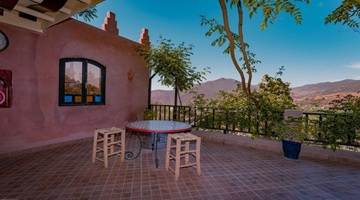
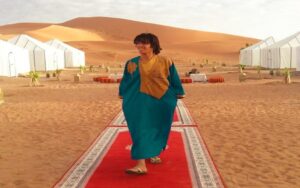



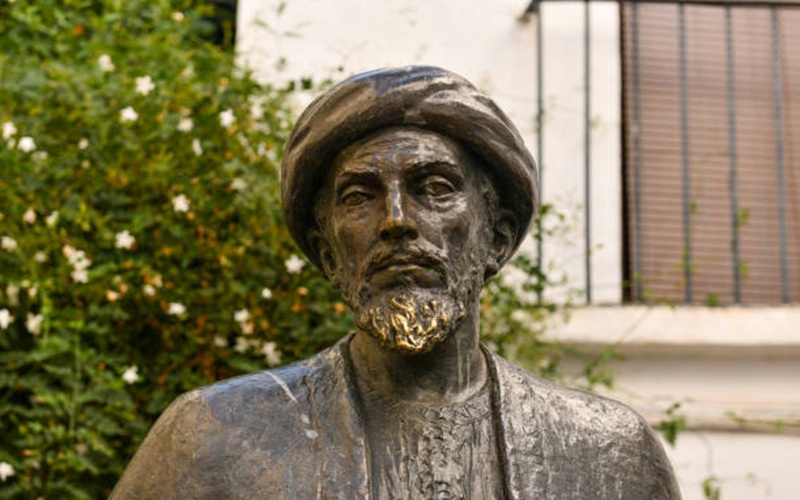
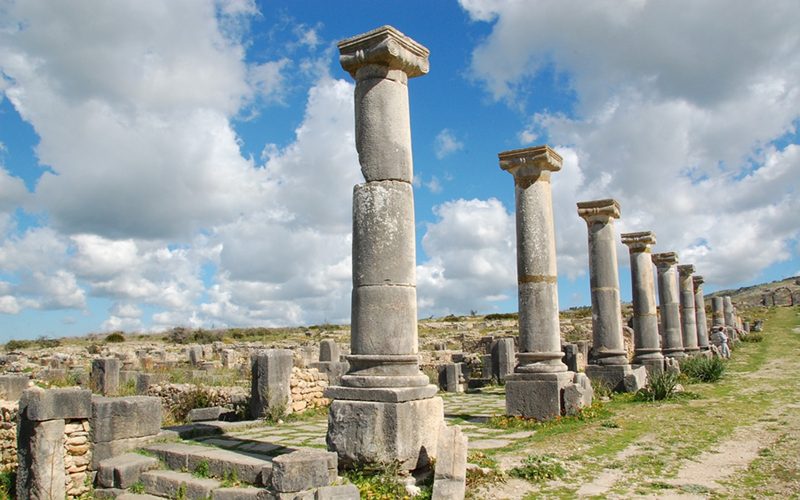

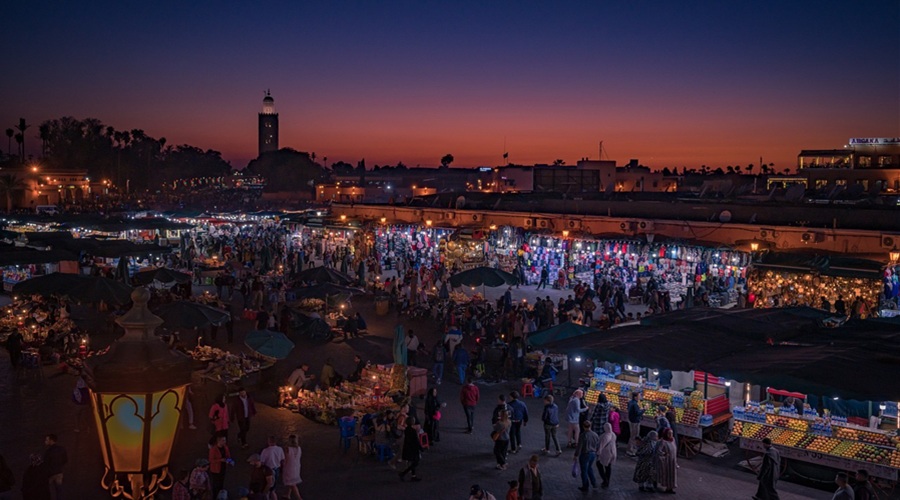
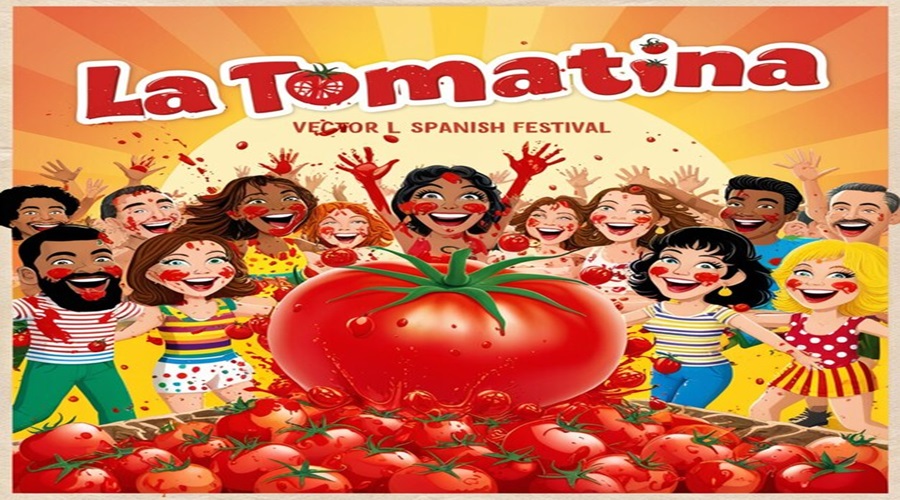

Average Rating